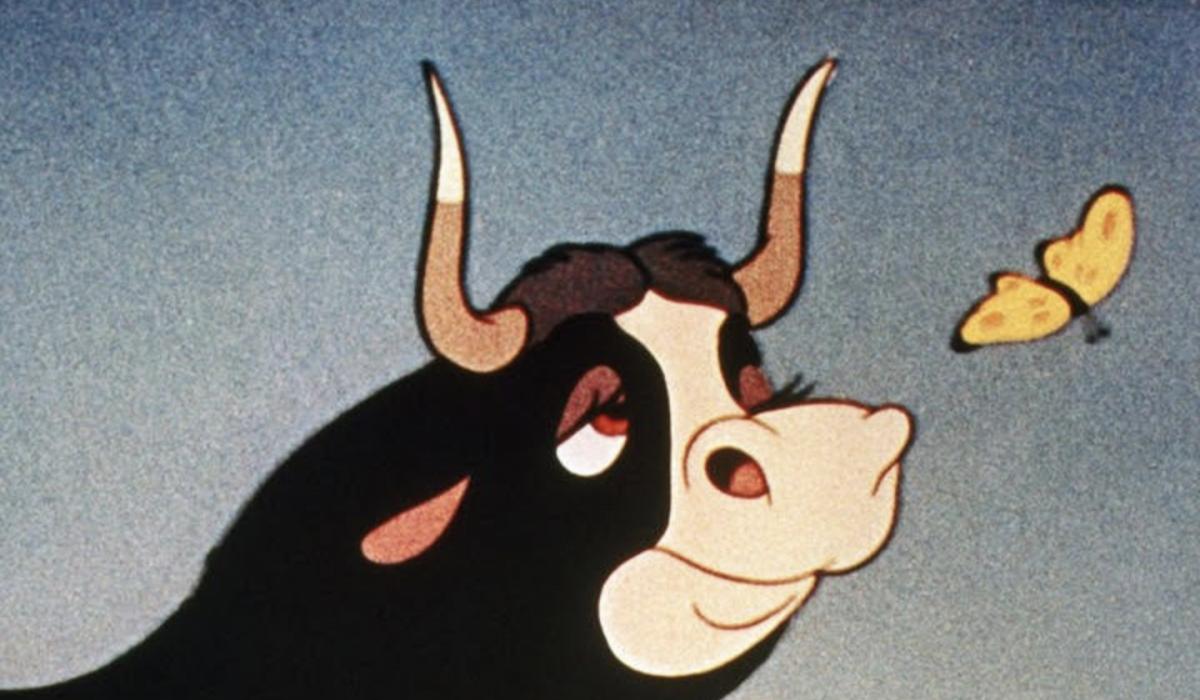I’ve been thinking recently about all the things I used to take for granted: food on the table, a roof over my head, a comfortable bed, all the comforts of life. Friends and family. Big deals like my five senses, and little deals, like the ability to bend over and put on my socks. Nothing lasts forever, not even flexibility.
We live our lives out on a thin, tenuous branch. At any moment, a mighty wind, or, for that matter, even a light zephyr, could come along and knock us off our precarious perch, sending us tumbling onto the forest floor far below. No soft landings down there, just rocks and scree, bumps, bruises, and broken bones. Shattered dreams.
When we take something or someone for granted, we fail to properly appreciate the importance of that thing or person in our life. Overfamiliarity. We assume that what’s there today will still be there tomorrow, and no matter how many times we learn the harsh lesson of impermanence, we still cling to the hope that in the end, all will be well. That’s often true, but not always. Sometimes, bad things do happen to good people. Or they just happen.
The antidote to taking something for granted is, of course, to separate that something from the herd, see it, touch it, smell it; appreciate it for the gift it is. The reality, of course, is that we move through our days at such a pace that we don’t have time to stop and be thankful for what we have. It’s easy enough to rue what we don’t have, much harder to pause and see the beauty that surrounds us daily.
Munro Leaf’s classic children’s story “Ferdinand the Bull” tells the story of a bull who would rather sniff the flowers in the field than fight in the bullring. Published in 1936 at the start of the Spanish Civil War, it may have had a political agenda, or it just might have been a story for children. I prefer the latter interpretation because it offers children a way out of the dilemma of life. Because he is so astonished by the beauty of this world, Ferdinand is able to rise above his own beastly nature and be more than just another fierce bull in the arena. It’s not a giant leap from that interpretation of a simple story to seeing Ferdinand as a metaphor for the ability to transcend his instinct and nature by seeing and appreciating the beauty of the pasture. Ferdinand takes nothing for granted; he inhales sweetness, completely content with who he is.
I know: gratitude is a luxury. Try and tell the people of Ukraine they should stop what they’re doing to survive and go smell the roses. Or the people in the heartland who have been battered by storms, or who are homeless, or suffer from depression or other illnesses. Gratitude really is a luxury, but maybe it’s an affordable one. The thin difference between contentment and despair may be nothing more than perspective. At the very least, gratitude has the capacity to lift us up, and, if only for a moment, to restore our faith in what is right and lovely in our own fields—the wildflowers, not the weeds.
I’ll be right back.
Jamie Kirkpatrick is a writer and photographer who lives in Chestertown. His work has appeared in the Washington Post, the Baltimore Sun, the Philadelphia Inquirer, the Pittsburgh Post-Gazette, the Washington College Alumni Magazine, and American Cowboy Magazine. Two collections of his essays (“Musing Right Along” and “I’ll Be Right Back”) are available on Amazon. Jamie’s website is musingjamie.net.




Liz Freedlander says
Thank you for your perspective. To your point, I recently read a poem by Laura J. Oliver after which two wonderful lines have stuck in my head:
“Pay attention.
“Be astonished.”
Joyce DeLaurentis says
Ferdinand the Bull has been a favorite for years and I LOVED reading it to the children in my child care center, Tender Times. Beautiful article. I am grateful for it!